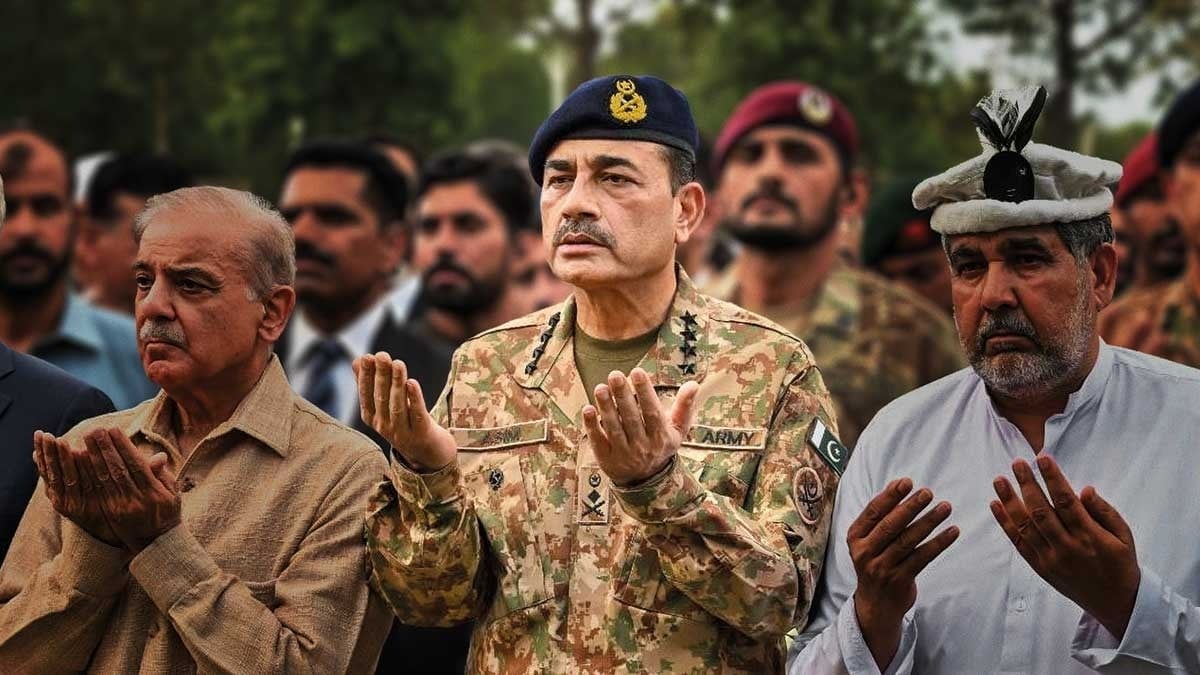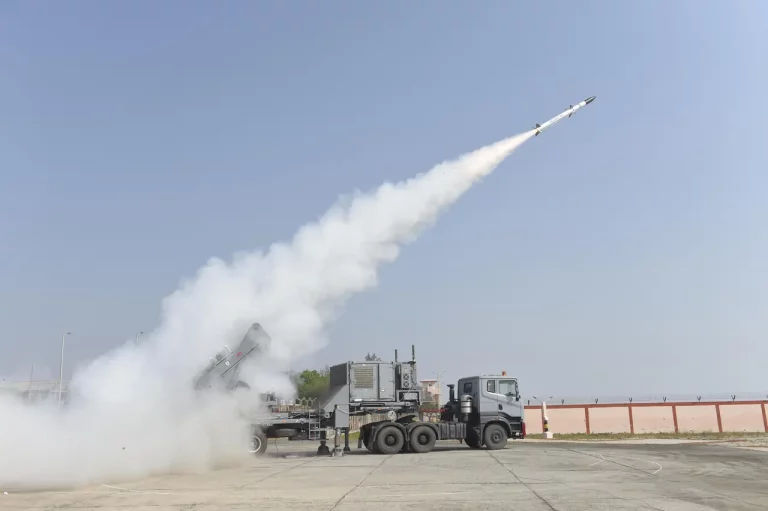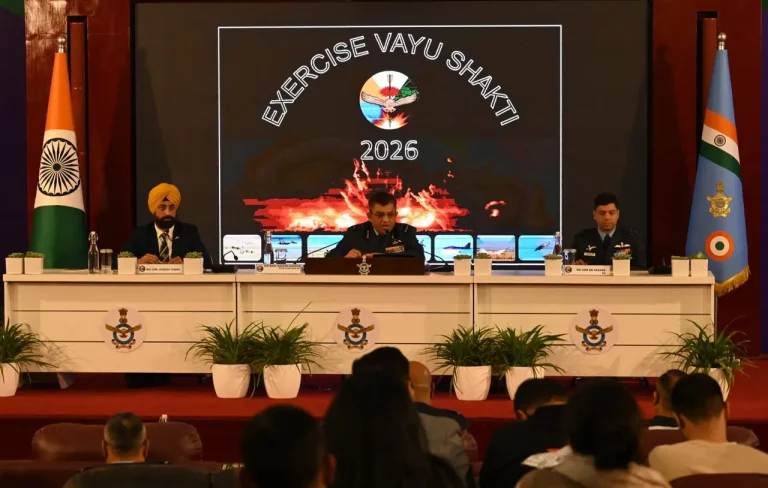Pakistan’s army chief, Field Marshal Asim Munir, is strategically realigning military focus towards India’s eastern frontier, spurred by recent political shifts in Bangladesh and a warming of relations with the United States. This recalibration indicates a significant change in Islamabad’s military approach.
Lieutenant General Ahmed Sharif Chaudhry, the military spokesman, highlighted this new direction in an interview, stating, “We’ll start from the East,” which suggests the possibility of opening a new front targeting India’s vulnerable northeastern corridor. The shift comes in the wake of a change in Bangladesh’s government in early 2025, where a hardline Islamist administration took power, aligning more closely with Pakistan’s interests. This political transformation has reportedly revitalized cross-border militant activities, including logistics, arms trafficking, and the operation of madrassa networks in the Chittagong Hill Tracts.
Field Marshal Munir’s approach centers on three key strategies: re-establishing relations with Dhaka, regaining U.S. strategic support, and shifting towards hybrid warfare methods. His recent June 2025 meeting with former U.S. President Donald Trump, as well as a state honor bestowed upon CENTCOM commander General Michael “Erik” Kurilla, signifies a marked improvement in U.S.–Pakistan relations. Trump’s critical stance towards New Delhi and suggestions of economic leverage have emboldened Islamabad’s position.
Military experts indicate that Pakistan is increasingly focusing on irregular warfare strategies, which include cyber-attacks, disinformation campaigns, and proxy infiltrations, specifically aimed at stretching India’s security capabilities. This tactical evolution follows India’s successful Operation Sindoor, demonstrating its long-range strike capabilities and raising concerns about potential conventional military responses.
In light of these developments, India has ramped up its surveillance and troop presence in regions like Assam and Meghalaya. Additionally, it is enhancing riverine patrols along the Brahmaputra valley while conducting joint military exercises with Myanmar. On the diplomatic front, New Delhi is actively engaging with ASEAN and Gulf partners to counter Pakistan’s regional ambitions.
Experts caution that Pakistan’s “start from the East” strategy could heighten tensions between the two nuclear-armed nations. Although hybrid tactics may circumvent conventional deterrence measures, India’s established capability and readiness to retaliate beyond the Line of Control pose considerable risks for Pakistan. The evolving dynamics in South Asia suggest that both nations are preparing for a complex and potentially volatile confrontation.





